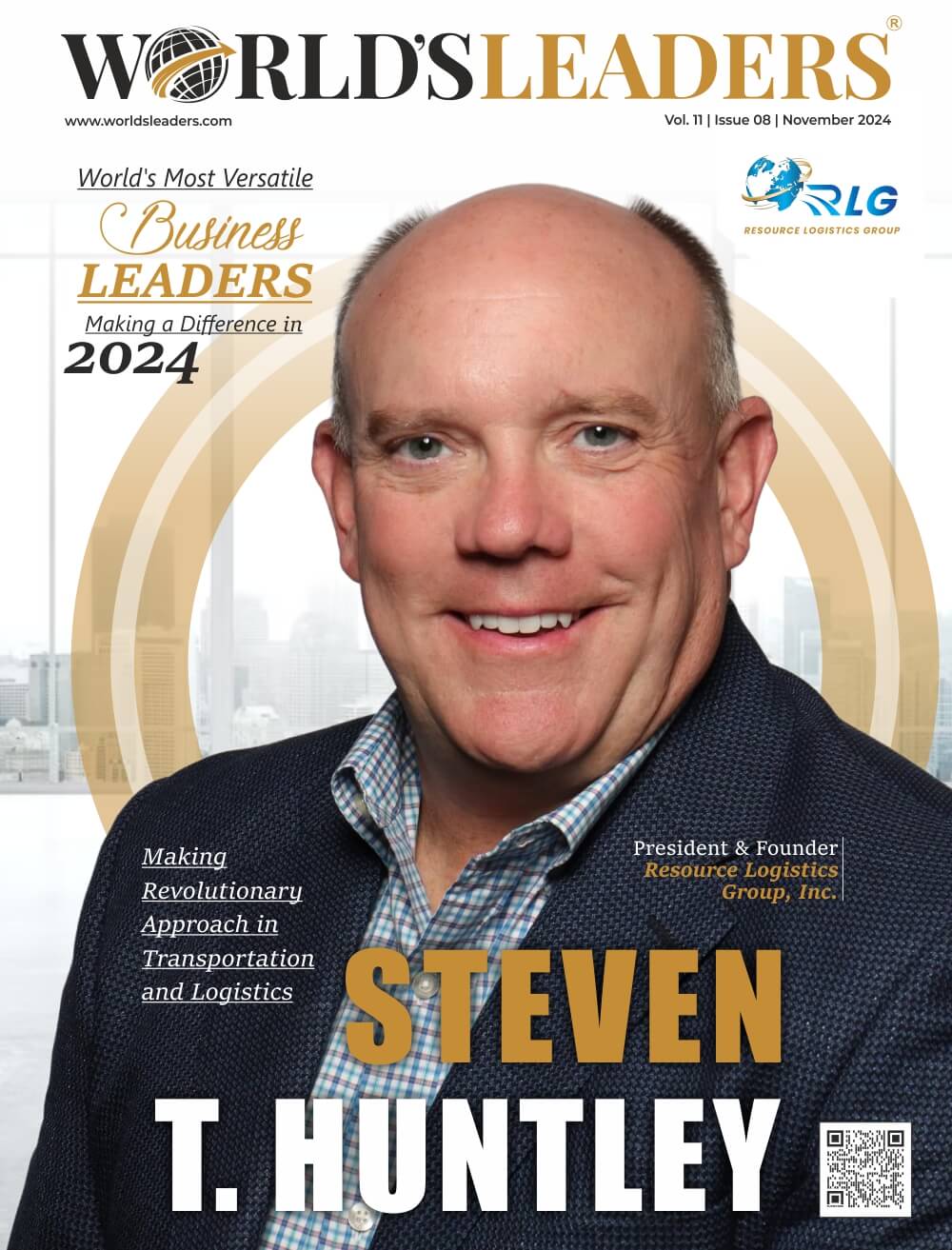Martin Schwartz, President at Vehicles for Change, began his entrepreneurial journey at the age of 10 when he started his first business. In 1965, he worked as a paperboy, which required not only delivering newspapers but also handling customer invoices, collecting payments, and managing all aspects of the business. This experience instilled in him the values of hard work, excellent customer service, and financial acumen, serving as the initial step in his business education.
Martin pursued higher education, earning a college degree in accounting and a master’s degree in business and information systems. However, his career as an auditor for three years left him feeling unfulfilled. Recognizing his true passion for working with children and making a positive impact, Martin shifted his focus.
Over the subsequent decade, Martin dedicated himself to coaching high school and college baseball teams while concurrently serving as the development director at a college. In this role, he initiated several camp programs, which are akin to contemporary social enterprises. This marked the beginning of his journey towards creating meaningful change in the community.
Below are the highlights of the interview conducted between World’s Leaders and Martin Schwartz:
Describe who you are as a person, inside and outside of the workplace.
I was raised in a family that believed in a strong work ethic and that hard work trumps talent. Launching VFC with a $20,000 grant and $10,000 loan, I learned to improvise and make things work on a limited budget by working harder and smarter. I am motivated by the families and the incredible obstacles they overcome just to survive and see what they accomplish when they receive a vehicle or the training to enter a career.
I believe that if you are going to do something, give 100% of your effort. As a coach, my players understood the most they could do was maximize effort, win or lose. That’s how I live my life, both in and outside the workplace. In 1998, I had to close my business and call multiple investors, explaining how I had lost 100% of their investment. It was the worst day of my life, but I knew that I had done everything in my power to make that business work. My investors knew that.
I always strive to be the absolute best at whatever I do, whether as a player, coach, employee, or leader.
Tell us about the inception of the company.
After two years, the company I had launched in 1996 was on its last legs. It was time to look for a new opportunity. I loved the idea of being the one to make the final decision and leading a team. Fate or God led me to a group of individuals who had the idea to provide cars to low-income families to get to work. After a short conversation, they asked me to lead this effort. I honestly believe they could not find any other fool naive enough to launch a business (even a nonprofit) with $30,000. We grew VFC into the largest such program in the country.
In 2016, we launched the reentry auto mechanic training program. This program boasts a 95% completion rate and less than a 5% recidivism rate. Most recently, we launched VFC-VR, a virtual reality auto mechanic training program. This program will revolutionize the way mechanics are taught and generate the funds for VFC to expand to 20 new locations across the United States, ultimately impacting the lives of thousands of returning citizens every year.
What has made you successful?
Attitude
- Nothing is impossible.
- If we work harder and smarter, we can accomplish anything.
- Build a VFC team smarter than myself and bring that same attitude.
- the drive to provide opportunity to those less fortunate than most of us
- Living by the core values that drive me and VFC
What do I value?
The hope we see on the faces of the families when they receive a car and the individuals when they obtain employment as auto mechanics!
Which are the major services of the company, and how does the company get ahead in the competition? What value-added services does the company provide?
- Providing cars to low-income families—transportation is the number one barrier to employment.
- Training formerly incarcerated individuals to be auto mechanics
- Virtual reality auto mechanic training
We are the only program like this in the country.
What are the most important aspects of a company’s culture? What principles do you believe in, and how do you build this culture?
The VFC mission drives our team. We have a set of core values used to evaluate all new team members. Our 5-person leadership team is key to maintaining our organization’s culture, with myself as the main driver.
What is the significance of innovative ideas in the company?
VFC is the only organization of its kind in the US. Our program provides the “complete” package to the individuals we serve, assuring them the greatest chance of success. Innovation has been key to our success as we built the program by listening to the individuals we serve and addressing their needs. The development of virtual reality will not only fund our 20-location expansion but also provide ongoing sustainability for the organization.
Give us your opinion on; do organizations rely heavily on individual heroics or team processes?
As a former coach, I learned early that a team always trumps individual heroics. If a leader understands his own shortcomings and is willing to hire people smarter than themselves and let those individuals do their thing, the organization has a much greater chance to succeed. Getting the team all rowing in the same direction for the same goals is vital.
What are your responsibilities as the president of the company? What is the happiest part of your daily routine?
My main function is to be the organization’s visionary and have my team be part of that vision. The happiest part of my daily routine is interacting with the individuals in our training program. They are the motivation that drives me every day, even after 24 years.
What advice would you give someone going into a leadership position for the first time?
- Be a great listener.
- Lead by example.
- You are there to serve your team.
- Be willing to do whatever it takes to be successful.
- There are plenty of accolades to go around; make sure you spread them to everyone. You’re the last in line.
- This is not for the weak of heart.





